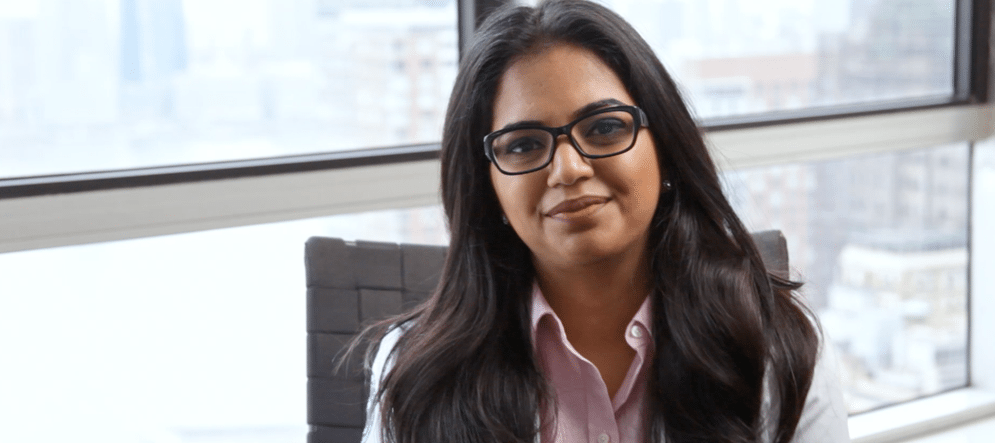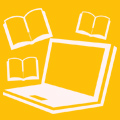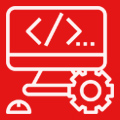
How a Mission to Haiti Helped Me to Grow as a Future MD.
by Jean Singh (Class of 2018)
As a clinical student at Kingsbrook Jewish Medical Center in Brooklyn, NY for the majority of my rotations I have gained invaluable, hands-on experience with patients. This much I expected. What I didn’t anticipate was that I would have the opportunity to go on a perspective-altering journey that would forever shape how I approach being a doctor, during my rotations there.
My supervising physician was Dr. Henry Paul, who is also President of the New York chapter of NOAH, the National Organization for the Advancement of Haitians. When he offered me the chance to volunteer for a medical mission to Haiti, I immediately said yes. I had some limited experience participating in outreach activities in Antigua, but as a fourth-year med student, I felt much more prepared to use what I’d learned to make a real contribution in an underserved community.
We flew into Cap-Haïtien airport in Northern Haiti and stayed about 30 miles away in the city of Fort-Liberté, which has a small hospital. Like many other buildings in the area, the hospital had an unfinished second floor, no working ventilation system, and the power routinely failed throughout the day. We would perform surgical procedures under local rather than general anesthesia and would hold OB/Gyn clinic appointments under head lamps. I relied on the skills and concepts I learned from my clerkships to guide me through the various procedures we had to perform. What made the greatest difference was the emphasis the AUA faculty had always placed on treating every patient as an individual with unique needs.
We set up a makeshift clinic in a local school near the hospital, and I was seeing patients in a small classroom there when a woman came in complaining of muscle pain. Diagnosing patients was a challenge without a lab or imaging facility, but after listening to her carefully, observing her closely, and asking her relevant questions, I learned that she had suffered a stroke 18 months earlier. I also found that she was completely unaware she had severe hypertension at the time of the stroke. Because I was able to step back and learn more about her background, I was able to diagnose her with complete left hemiparesis and treat her as fully as the conditions allowed.
Volunteering in Haiti also opened my eyes to issues I had previously only read about. I have always been passionate about global health and have tried to educate myself as much as possible about the connections between global and local healthcare. I believe that firsthand knowledge of these issues will help produce more skilled, informed doctors. By participating in this effort, I was able to get a close-up view of the relationships that exist between global, public, and local healthcare. Practicing in an environment where supplies, amenities, and dollars are scarce but the needs are high forced me to be more resourceful. It boosted my confidence and expanded my clinical knowledge. Perhaps more than anything else, it made me aware of just how much good physicians can do and how much patients in need appreciate their help. I hope to be a part of similar initiatives in the future and urge other med students to do the same.







